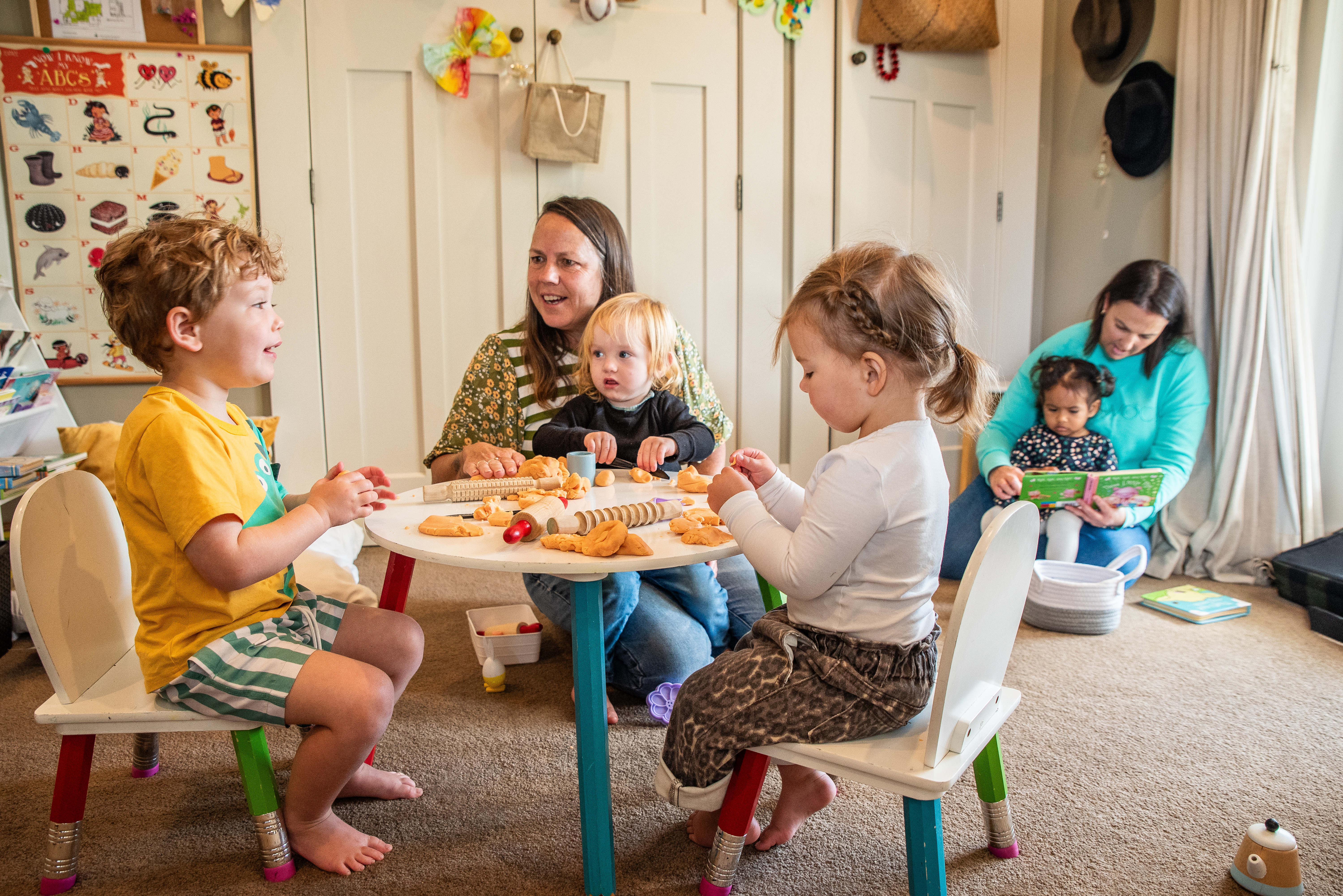You have accessed a restricted section of the website. Please enter your username and password to continue.

If you have ever watched a child enjoy the experience of pretend play, you will know just how magical it is. A blanket becomes a cape, a block turns into a phone, and suddenly the living room is a bustling cafe or a spaceship heading to the moon. In home-based childcare, these moments of dramatic play aren’t just fun, they are building blocks for learning.
Why dramatic play matters:
Growing language development: Pretend play is rich with conversation. Children try out new words, copy what they have heard, and practice taking turns in dialogue.
Build confidence with speaking: Dramatic play gives children a safe space to practice using their voices, whether it is being “loud” like a superhero or “gentle” when nurturing a baby.
Practising listening: Children are able to practise tuning into others listening closely, so they know when it’s their turn to talk or act.
Experimenting with tone and expression: Pretend play lets children try out how words can sound; excited, worried, kind or funny. Children find meaning to how language informs feelings.
Connecting words to feelings and actions: When they say “The baby is hungry” or “The doctor will help,” they’re linking words with real-life experiences, deepening understanding.
In a home-based setting, dramatic play is special. The familiar environment of a house creates endless opportunities for everyday role play. From cooking in the play kitchen, caring for dolls, or setting up a pretend shop. It mirrors the real world in ways children understand deeply, helping them make sense of routines and relationships.
As educators, our role is simple: provide the time, space, and gentle encouragement for these little worlds to unfold. Sometimes that means setting out props or dress-ups, but often it just means joining in for a moment, taking a pretend sip of tea or answering the toy phone with a smile.
Dramatic play isn’t just about pretending. It’s about children finding their voices. Through these playful stories, they are not only building imagination and social skills, but also the oral language foundations that will support them for life.